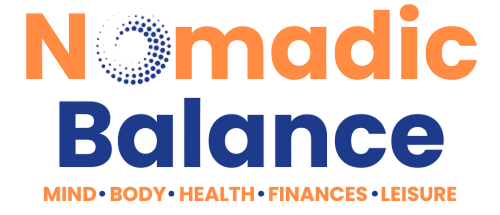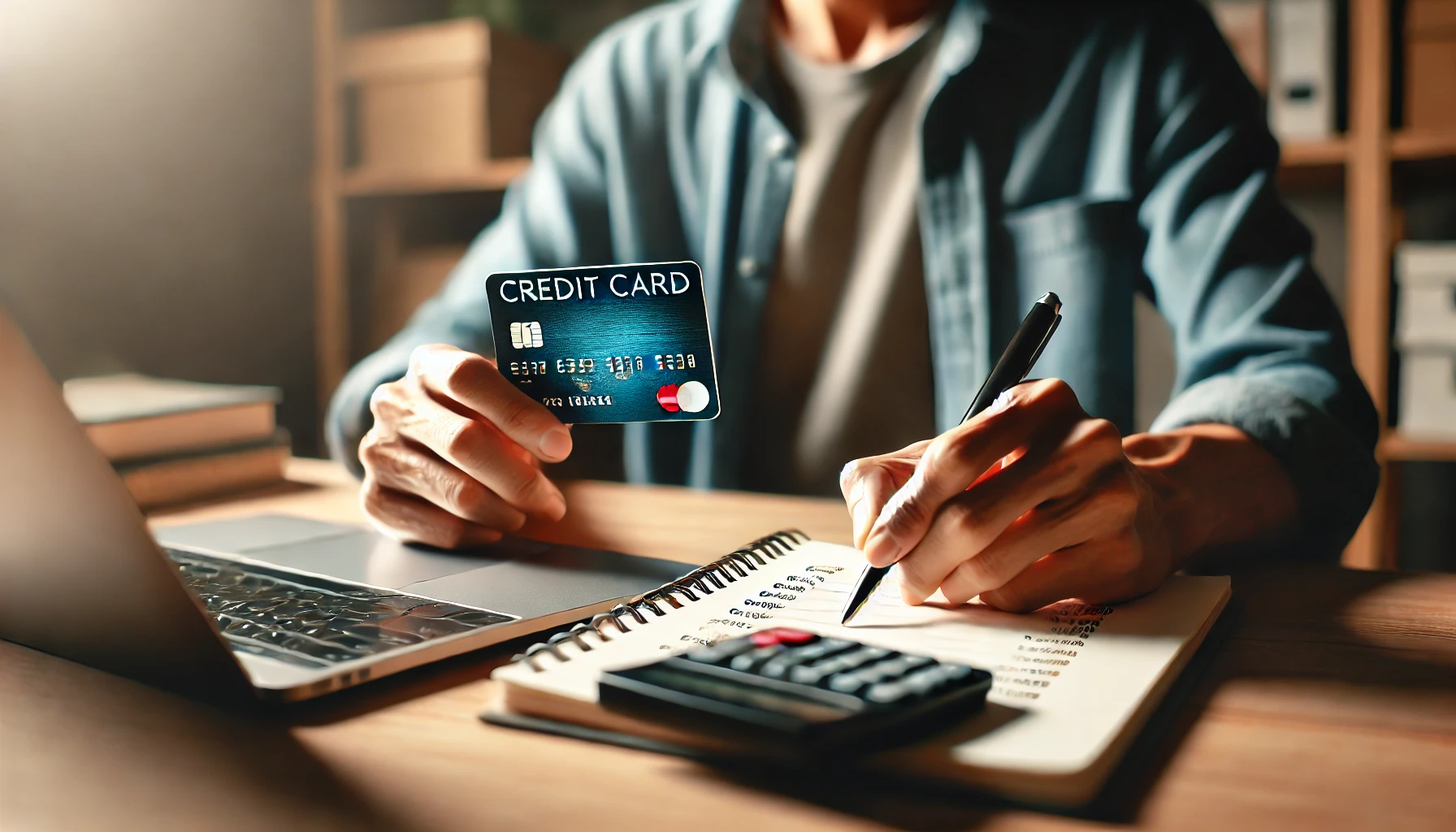A credit card can be a powerful financial tool when used correctly, but it can also lead to serious debt if mismanaged. Learning how to use your credit card wisely helps you build a good credit score, earn rewards, and avoid financial stress. Here’s a complete guide to using your credit card intelligently.
1. Understand How a Credit Card Works
Before using your credit card, it’s essential to understand key terms:
- Credit Limit: The maximum amount you can borrow.
- Billing Cycle: The period in which purchases are recorded, usually around 30 days.
- Due Date: The deadline to pay your bill to avoid interest charges.
- Minimum Payment: The lowest amount you can pay to avoid penalties (but paying only this leads to high-interest charges).
- APR (Annual Percentage Rate): The interest rate applied to unpaid balances.
2. Always Pay the Full Balance
To avoid interest charges, pay your credit card balance in full every month. Carrying a balance from month to month leads to high interest, making purchases much more expensive over time.
Smart Tip:
Set up automatic payments to ensure you never miss a due date.
3. Keep Credit Utilization Low
Credit utilization is the percentage of your credit limit that you’re using. Keeping it below 30% helps maintain a good credit score.
Example:
- If your credit limit is $1,000, try not to spend more than $300 before paying it off.
4. Use Your Card for Essential Purchases Only
A credit card should not be used for impulse purchases. Stick to necessary expenses like:
✅ Monthly bills
✅ Groceries
✅ Gas
✅ Online subscriptions (if you can pay them off immediately)
Avoid using your credit card for:
❌ Luxury items you can’t afford
❌ Gambling or unnecessary shopping
❌ Paying another credit card bill
5. Take Advantage of Rewards and Cashback
Many credit cards offer rewards like cashback, travel points, or discounts on purchases. Use them wisely to save money, but never spend just to earn rewards—it’s not worth the debt.
Best Ways to Maximize Rewards:
- Choose a credit card that fits your lifestyle (e.g., travel rewards, grocery cashback).
- Use your card for regular expenses you’d pay anyway.
- Redeem points or cashback before they expire.
6. Avoid Cash Advances
Using your credit card to withdraw cash (cash advance) comes with high fees and interest rates that start accruing immediately. Avoid this unless it’s a last resort.
7. Track Your Spending Regularly
Monitor your transactions through your bank’s app or statements. This helps you:
✔ Avoid overspending
✔ Detect fraudulent transactions early
✔ Stay within your budget
8. Never Miss a Payment
Late payments lead to:
❌ Late fees
❌ Interest charges
❌ A drop in your credit score
Solution:
- Set reminders or enable automatic payments.
- If you can’t pay in full, at least pay more than the minimum.
9. Negotiate Fees and Interest Rates
If you’re a responsible credit card user, you can call your bank to request:
✅ Lower interest rates
✅ Waived late fees
✅ A higher credit limit (but only if you can manage it responsibly)
10. Know When to Say No to a Credit Card
Not everyone benefits from a credit card. If you struggle with budgeting or have a tendency to overspend, consider using debit cards or prepaid cards instead.
Final Thoughts
A credit card is a great financial tool when used correctly. Pay your balance in full, keep spending under control, and use rewards wisely to maximize benefits. By following these tips, you can enjoy the convenience of a credit card without the burden of debt.

